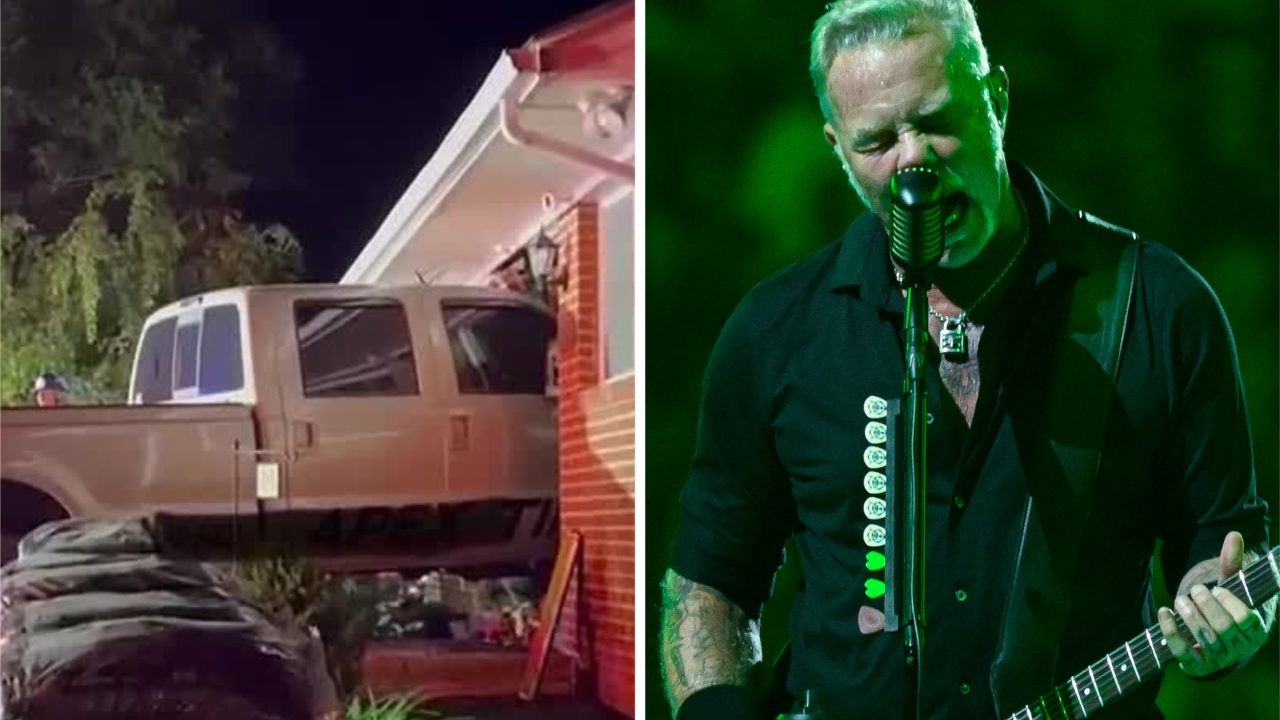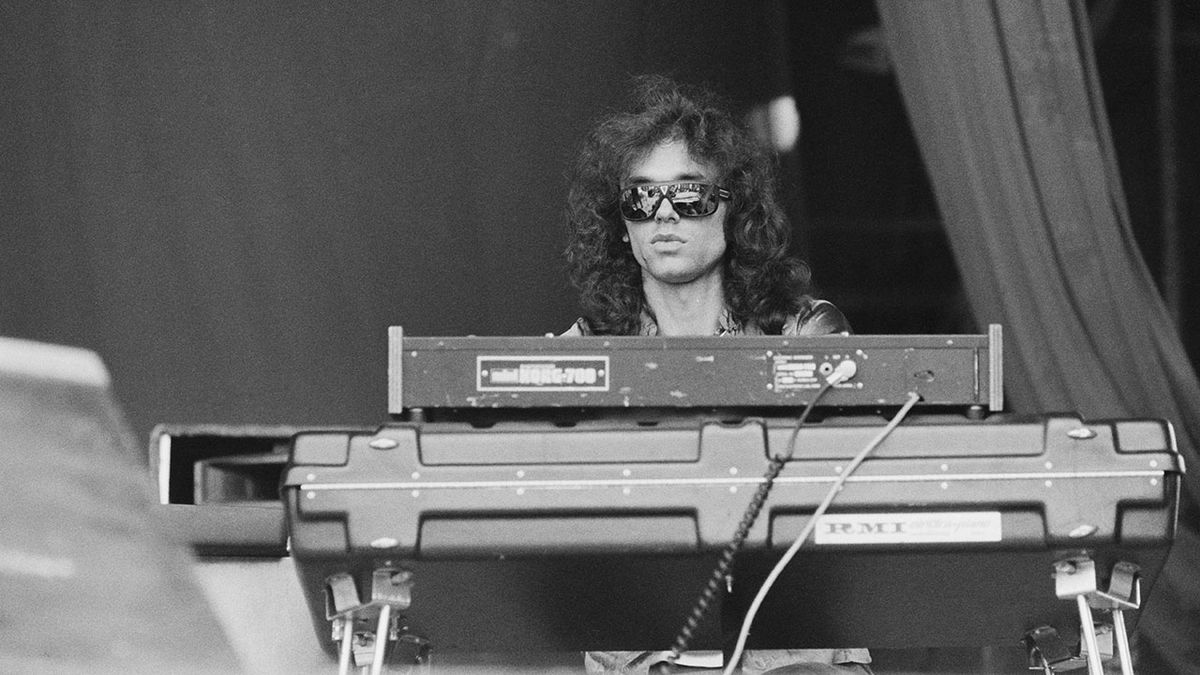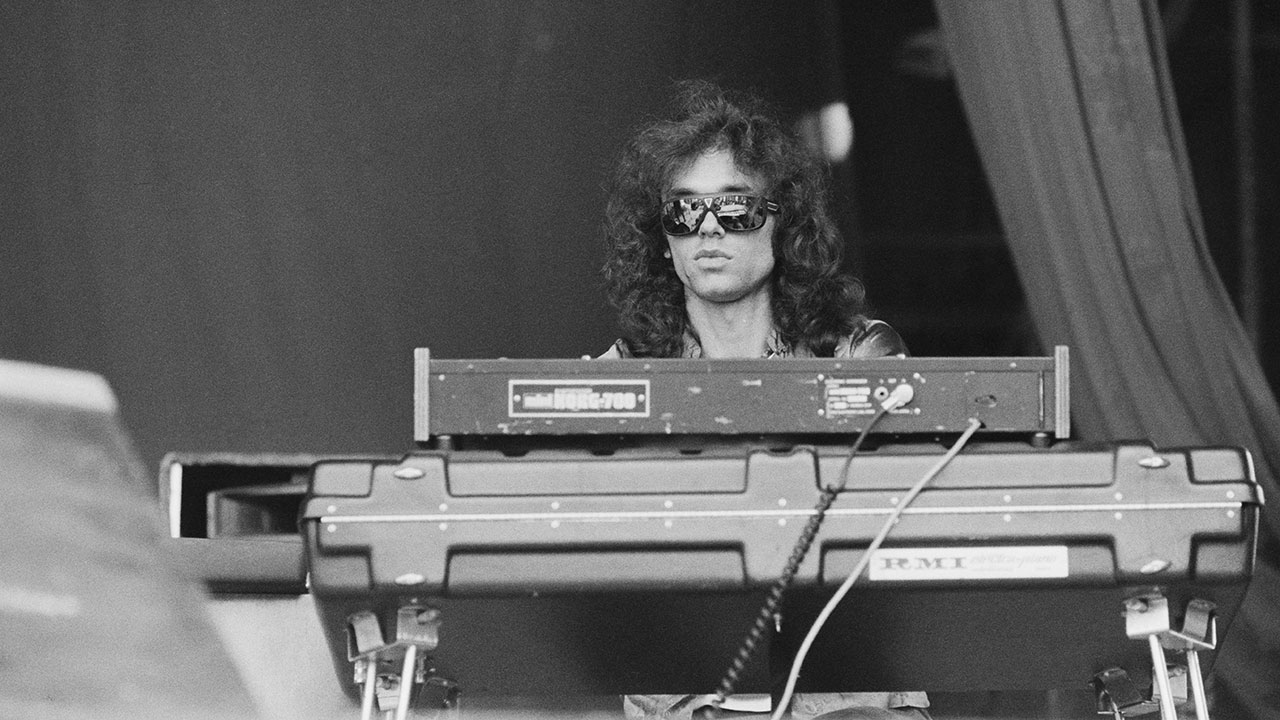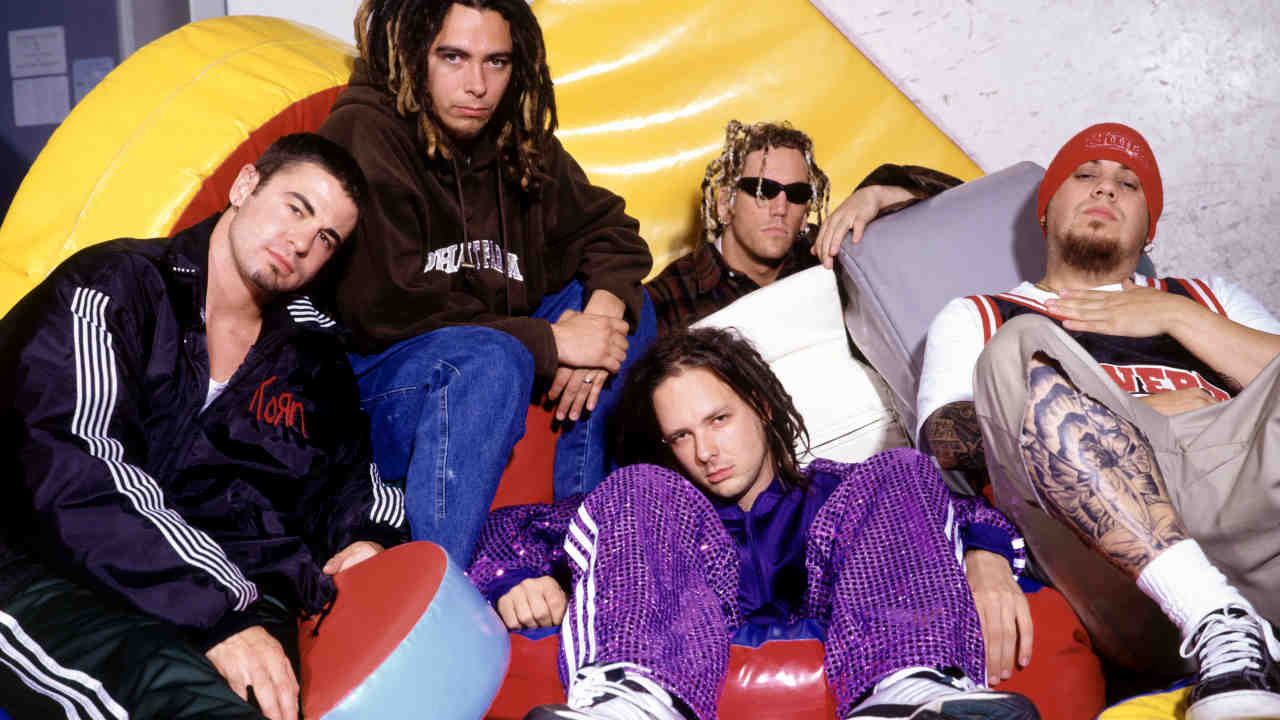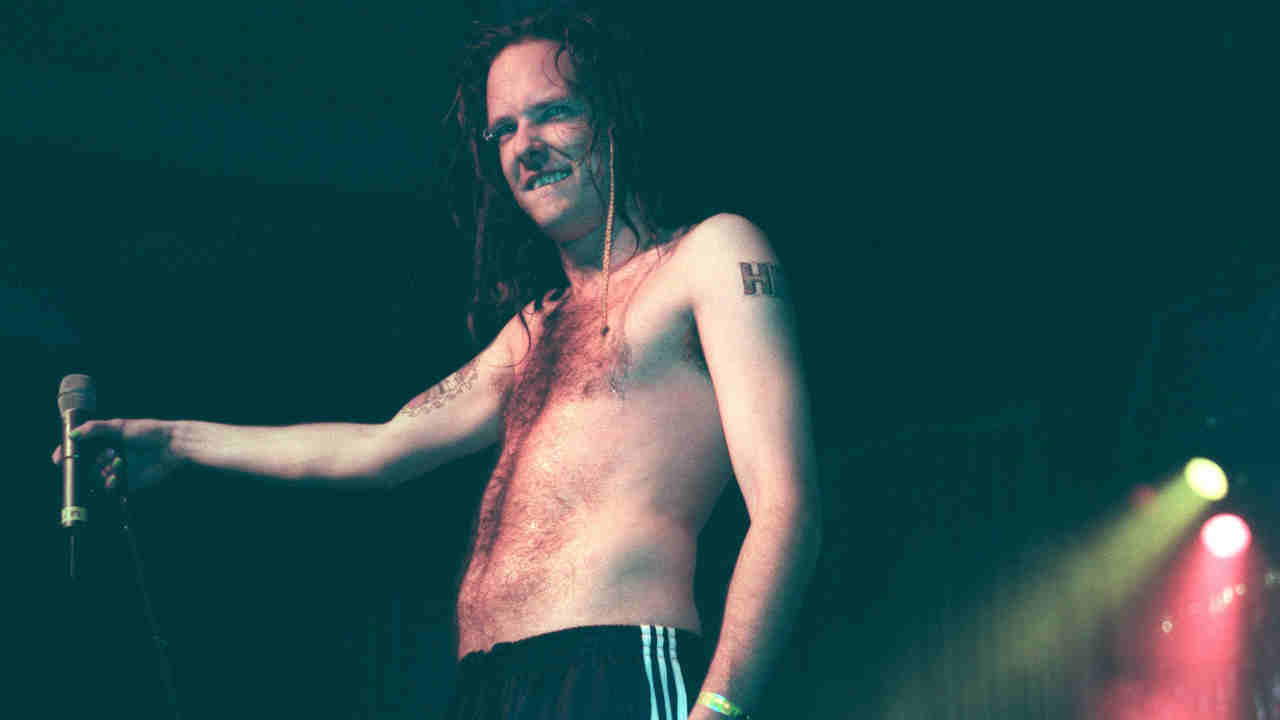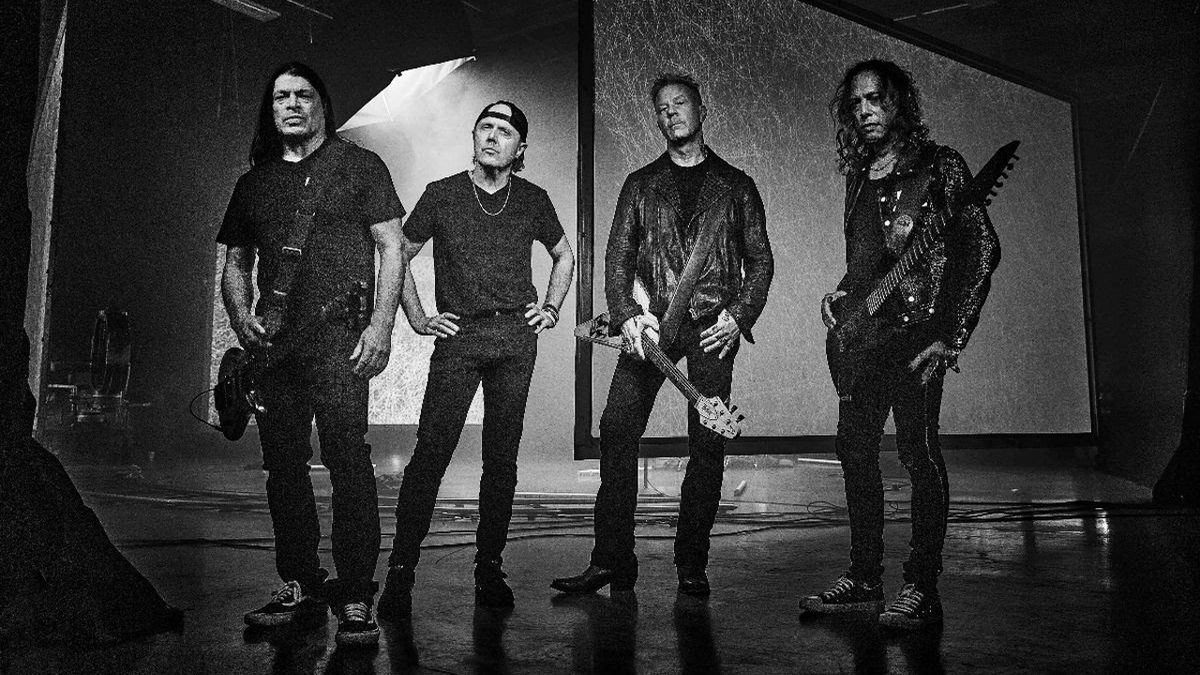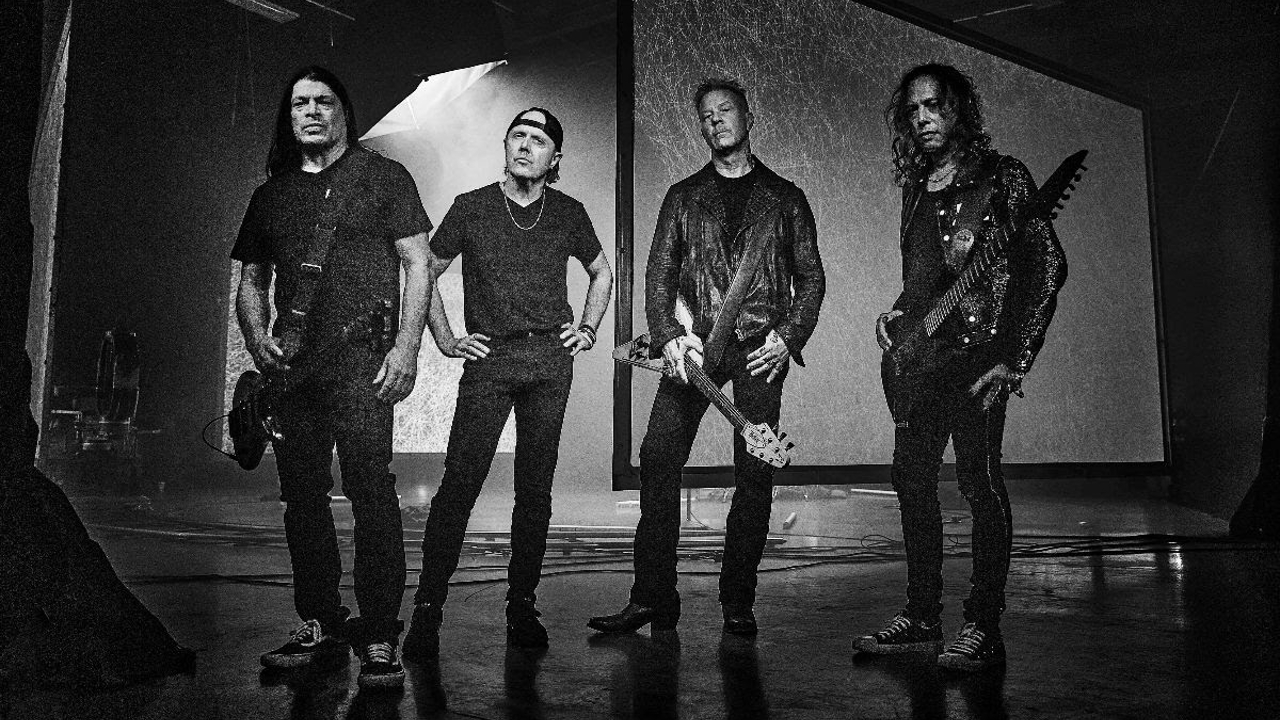
Feature Photo: Paul McKinnon / Shutterstock.com
Few bands have embodied the raw power and rebellious spirit of rock and roll quite like Joan Jett and The Blackhearts, an American rock band formed in Los Angeles, California in 1979 as a conjunction of lead musician, singer and songwriter Joan Jett and the backup band. Founded when Joan Jett sought to continue her musical career after The Runaways disbanded, the band has undergone many lineup changes since its inception, with founders Jett and producer Kenny Laguna being its only consistent members. Three albums by Joan Jett and the Blackhearts have been certified platinum or gold, establishing them as one of the most successful female-fronted rock acts of all time. Their hit singles include “Bad Reputation”, “Fake Friends”, “Good Music”, “Light of Day”, “Little Liar”, “I Hate Myself for Loving You”, and the covers “Crimson and Clover”, “Do You Wanna Touch Me (Oh Yeah)”, “Dirty Deeds”, “Everyday People”, and “I Love Rock ‘n Roll”.
The band emerged during a pivotal time in rock history when female-fronted hard rock groups were rare, making Joan Jett a trailblazer who opened doors for countless future female musicians. After Joan Jett’s self-titled solo debut was rejected by 23 major labels, she and Laguna formed their independent record label Blackheart Records and pressed copies themselves, sometimes selling albums out of the trunk of Laguna’s Cadillac after concerts. This DIY approach proved prescient as the band went on to achieve massive commercial success throughout the 1980s. In 2015, the lineup consisting of Jett, Laguna, bassist Gary Ryan, drummer Lee Crystal, and guitarist Ricky Byrd were inducted into the Rock and Roll Hall of Fame. The band has released twelve albums over their career, with their influence extending far beyond sales figures to inspire generations of rock musicians who saw that authentic, uncompromising music could still achieve mainstream success.
Throughout their history, The Blackhearts have featured numerous talented musicians who contributed to their distinctive sound that blended punk attitude with classic rock structures. Joan Jett and the Blackhearts became the first rock band to perform a series of shows at the Lunt–Fontanne Theatre on Broadway, breaking the record at the time for the fastest ticket sell-out. The band’s longevity and continued relevance speak to both the timeless appeal of their music and the strength of the musical partnerships that have defined their sound across different eras. With Joan Jett continuing to tour and record under The Blackhearts name, the band remains an active force in rock music, introducing their rebellious anthems to new generations while maintaining the authentic spirit that first made them rock icons.
Joan Jett
Joan Marie Larkin was born on September 22, 1958, at Lankenau Hospital in Wynnewood, Pennsylvania, a suburb of Philadelphia, to James and Dorothy, and would grow to become one of rock music’s most influential figures. Often referred to as the “Godmother of Punk”, she is regarded as a rock icon and an influential figure in popular rock music. Joan founded Joan Jett and the Blackhearts as her backup band in 1979 following the dissolution of her pioneering all-female band The Runaways, which she co-founded and performed with from 1975 to 1979. Her determination to continue making music on her own terms led to the creation of what would become one of the most enduring partnerships in rock history.
As the leader and primary songwriter of The Blackhearts, Joan has served as rhythm guitarist and lead vocalist on all twelve of the band’s albums, three of which have been certified platinum or gold. Her songwriting and performance style drew from classic rock, punk, and glam influences, creating a sound that was both rebellious and accessible. With the Blackhearts, Jett has released twelve albums, three of which have been certified platinum or gold. Additionally, eleven of their singles have appeared on the Billboard Hot 100. Her most famous composition remains “I Love Rock ‘n Roll,” originally written by The Arrows, which Jett transformed into a defining anthem that spent seven weeks at number one on the Billboard Hot 100 in 1982.
Beyond her work with The Blackhearts, Joan has maintained an extensive career as a producer, songwriter, and activist. Before forming Redbone, Pat and Lolly released an album in October 1965 entitled Pat & Lolly Vegas at the Haunted House. She produced the Germs’ only album and her label Blackheart Records has released recordings from varied artists such as thrash metal band Metal Church and rapper Big Daddy Kane. Outside of music, she headlined the film Light of Day in 1987 and has appeared in several television series, including providing voice work for Steven Universe. Joan was included on Rolling Stone’s 2003 and 2023 lists of the greatest guitarists of all time, and in 2015, she and the Blackhearts were inducted into the Rock and Roll Hall of Fame. She continues to tour and record today, maintaining her status as a pioneering figure who proved that women could succeed in rock music while staying true to their artistic vision.
Kenny Laguna
Kenny Laguna stands as the most consistent member of The Blackhearts alongside Joan Jett, serving as producer, songwriter, and business partner since the band’s formation in 1979. In 1979, while fulfilling an obligation of the Runaways to complete a film based on the band’s career, guitarist and singer-songwriter Joan Jett met songwriter and producer Kenny Laguna, who was hired by her manager Toby Mamis to help Jett with writing some tracks for that film. Their collaboration began when Laguna was brought in to help with songwriting for a Runaways film project, but their creative partnership quickly evolved into something much more significant. Together, they formed the independent record label Blackheart Records after Joan’s solo debut was rejected by 23 major labels.
Laguna’s role in The Blackhearts extends far beyond traditional producing duties. With Laguna’s assistance, Jett formed the Blackhearts, and he has remained the band’s primary producer throughout their entire career. He co-wrote many of the band’s biggest hits and helped develop their signature sound that balanced Joan’s punk sensibilities with more radio-friendly arrangements. Throughout 1980, the band was able to keep touring solely due to Laguna drawing on advances from outside projects. Jett and Laguna used their personal savings to press copies of the Joan Jett album and set up their own system of distribution, sometimes selling the albums out of the trunk of Laguna’s Cadillac at the end of each concert. This grassroots approach to distribution and promotion became a template for independent artists long before such methods were commonplace in the music industry.
As a business partner, Laguna co-founded Blackheart Records with Joan, which they started with Laguna’s daughter’s college savings when no major label would sign them. The label became one of the early examples of successful artist-owned independent labels, influencing countless musicians to take control of their own careers. Laguna’s production work has been crucial to The Blackhearts’ sound across all twelve of their studio albums, helping them achieve both critical acclaim and commercial success. In 2015, Laguna was inducted into the Rock and Roll Hall of Fame alongside Joan and the classic Blackhearts lineup, recognizing his essential contributions to the band’s legacy. His partnership with Joan Jett represents one of the most successful producer-artist collaborations in rock history, spanning over four decades and continuing to the present day.
Gary Ryan
Gary Ryan was born Gary Moss and adopted his stage name upon joining the Blackhearts in 1979, in part to cover up the fact that he was only 15 at the time. He mentioned a local bass player, Gary Ryan, who had recently been crashing on his couch. Ryan was part of the Los Angeles punk scene and had played bass with local artists Top Jimmy and Rik L. Rik before joining The Blackhearts. John Doe of X sat in on bass for the auditions held at S.I.R. studios in Los Angeles when Joan was forming her backup band. Despite his young age, Ryan’s talent and familiarity with Joan’s work from his time as a Runaways fan made him an ideal fit for the band’s rhythm section.
Ryan served as The Blackhearts’ bassist from 1979 to 1987, playing on their most commercially successful albums and contributing to their biggest hits. He had been a fan of the Runaways and Jett for years. Jett recognized him at the audition and he was in. His bass work can be heard on crucial albums including “Bad Reputation” (1981), “I Love Rock ‘n Roll” (1981), “Album” (1983), “Glorious Results of a Misspent Youth” (1984), and “Good Music” (1986). Ryan’s playing style provided the solid foundation that allowed Joan’s guitar and vocals to shine while maintaining the punk edge that defined the band’s sound. His contributions were particularly notable on “I Love Rock ‘n Roll,” where his bass lines helped drive one of the most recognizable songs in rock history.
Before joining The Blackhearts, Ryan had run away to Hollywood at age fourteen driven by his love for rock and roll. For six months Gary lived in a shuttered Hollywood basement rock club that is now a rehearsal space for bands, and for another seven months he lived in a Santa Monica Boulevard apartment with the band X. After leaving The Blackhearts in 1987, Ryan stepped away from the music industry and became a school teacher, though he remained connected to his former bandmates. In 2015, Ryan was inducted into the Rock and Roll Hall of Fame as part of the classic Blackhearts lineup, and he briefly reunited with the band for some performances leading up to the induction ceremony. Gary moved out of the city and became a school teacher. His contribution to The Blackhearts’ legacy during their most successful period cemented his place as an essential part of their story, even though his post-music career took a very different direction from his rock and roll origins.
Lee Crystal
Lee Jamie Sackett, better known as Lee Crystal, was born on February 3, 1956, in Brooklyn, New York, and became one of the most important drummers in The Blackhearts’ history. Sackett grew up in Coney Island, Brooklyn, New York, as he would say, “across the street from the Cyclone.” When he was 17, a car hit him while he was riding a bicycle, and after receiving a settlement from the accident, Crystal was able to purchase his first drum kit, which had been left over from a drum clinic run by Brooklyn drummer Carmine Appice. This fortunate accident led to his entry into music, and he studied under drummer Bernard Purdie, whom Crystal said, “influenced me a great deal in really keeping a backbeat.”
Crystal served as The Blackhearts’ drummer from 1981 to 1986, during their most prolific and popular period. Crystal was the drummer during the band’s most prolific and popular period from 1981–86, including the album I Love Rock ‘n Roll and that album’s title track, which stayed atop the Billboard charts for seven weeks in 1982. He first gained attention in the New York City rock club scene as a member of The Boyfriends, which recorded one single for Bomp Records and earned a strong cult following, opening for the Ramones and the Dead Boys at clubs like CBGB and Max’s Kansas City. After leaving The Boyfriends, Crystal worked with three former members of the New York Dolls, touring with Sylvain Sylvain and playing club dates with Johnny Thunders and David Johansen before auditioning for The Blackhearts in 1981.
Crystal’s drumming style was essential to The Blackhearts’ sound during their peak commercial period. Lee Crystal, formerly of the Boyfriends and Sylvain Sylvain, became the new drummer. He stated, “Joan Jett was what I needed. I wanted to play real rock ‘n’ roll.” His powerful, straightforward drumming approach provided the backbone for hits like “I Love Rock ‘n Roll,” “Crimson and Clover,” and “Everyday People.” His unrelenting beat on “I Love Rock ‘n Roll” is legendary and helped establish the song as one of rock’s most enduring anthems. In 1993, he was diagnosed with multiple sclerosis, which eventually ended his performing career. Upon retiring from the music industry, Crystal sold furniture in Manhattan and gave music lessons from his home, where he would tell his students to “get real familiar with your drums, because you’ll be hitting them.” Former Blackhearts drummer Lee Crystal died from complications of multiple sclerosis on November 5, 2013, at the age of 57. As a member of Joan Jett and the Blackhearts, Crystal was inducted into the Rock and Roll Hall of Fame in 2015 by his wife, the former Maura Shea.
Ricky Byrd
Ricky Byrd was born Richard Scott Bird on October 20, 1956, and became one of the most important guitarists in The Blackhearts’ history, contributing to some of their biggest commercial successes. At 21 in 1977, Byrd joined the Power pop band called Susan, which released one album, “Falling in Love Again!” in 1979 on RCA Records, and toured opening for Graham Parker and others. In 1981, when Joan Jett was looking for a guitarist to replace Eric Ambel in her band, Byrd auditioned and immediately clicked with the group. After jamming with her band, Byrd joined the Blackhearts and played guitar and sang background vocals on the album in progress, I Love Rock n’ Roll.
Byrd served as lead guitarist for The Blackhearts from 1981 to 1991, one of the longest tenures of any member besides Joan and Kenny Laguna. Byrd was a Blackheart with Joan Jett from 1981 to 1991, recording guitar, vocals and co-writing various songs for the followup platinum-selling Album in 1983, Glorious Results of a Misspent Youth in 1984, Good Music in 1987, Up Your Alley in 1988, and The Hit List in 1990. His guitar work was featured on some of The Blackhearts’ biggest hits, including “I Love Rock ‘n Roll,” which sold one million copies in the U.S., went to number 2 on the Billboard 200 Albums chart, and sold over ten million copies worldwide. The single remained at Billboard Hot 100 number one for seven weeks, establishing The Blackhearts as major stars.
During his time with The Blackhearts, Byrd struggled with drug and alcohol addiction but got clean and sober in 1987, remaining with the band for another four years. His guitar style combined classic rock influences with punk energy, contributing to the band’s crossover appeal. Byrd recalled in an interview with Guitarhoo!, “One day I went to a studio to jam around a bit with Jett and everything clicked”. After leaving The Blackhearts in 1991, Byrd signed with Sony Music Publishing and went on to work with numerous legendary artists including Roger Daltrey, Ian Hunter, Paul McCartney, Ringo Starr, and many others. He has released five solo albums, with his recent work focusing on recovery themes drawn from his own experience overcoming addiction. In April 2015, Joan Jett and the Blackhearts were inducted into the 30th Annual Rock and Roll Hall of Fame at a ceremony in Cleveland, Ohio, with Byrd being recognized as an essential part of their classic lineup. His decade with The Blackhearts represented both his greatest commercial success and the foundation for a continuing career as a respected guitarist and songwriter.
Eric Ambel
Eric Ambel served as The Blackhearts’ original guitarist before being replaced by Ricky Byrd during the recording of “I Love Rock ‘n Roll.” Ryan in turn recommended guitarist Eric Ambel, who was also at the time part of Rik L. Rik. Ambel was recruited to the band on the recommendation of Gary Ryan, as both musicians were part of the Los Angeles punk scene and had played with local artist Rik L. Rik. This early connection through the LA punk community helped establish The Blackhearts’ initial lineup and sound, which drew heavily from the raw energy and DIY ethos of that scene.
Ambel’s tenure with The Blackhearts was relatively brief but important for establishing the band’s early identity. After a year of touring and recording, the Blackhearts recorded a new album entitled I Love Rock ‘n Roll for the label. Ambel was replaced by local guitarist Ricky Byrd during the recording. He played on their early live performances and contributed to the development of their sound during the crucial period when they were building their following through constant touring. His guitar work helped establish the fundamental approach that would later be refined by his successor, providing a bridge between Joan’s Runaways background and The Blackhearts’ emerging style.
The transition from Ambel to Byrd occurred during a pivotal moment in The Blackhearts’ career, as they were preparing to record what would become their breakthrough album. While Ambel’s recorded contributions with The Blackhearts were limited, his role in the band’s formation period was significant in helping Joan establish her new musical identity after The Runaways. The fact that he was recruited through the punk community connections that also brought Gary Ryan to the band demonstrates the organic way The Blackhearts came together through the Los Angeles music scene. After leaving The Blackhearts, Ambel continued his music career, though he never achieved the same level of commercial success that his former bandmates would enjoy with their subsequent recordings.
Danny “Furious” O’Brien
Danny “Furious” O’Brien served as The Blackhearts’ original drummer before being replaced by Lee Crystal. The final addition to the original Blackhearts was drummer Danny “Furious” O’Brien, formerly of the San Francisco band the Avengers. O’Brien brought experience from the San Francisco punk scene, having played with The Avengers, one of the notable bands from that city’s vibrant punk community. His background provided The Blackhearts with the aggressive, driving rhythm section approach that would become central to their sound, even though his time with the band was relatively short.
O’Brien’s drumming style reflected the raw energy of late 1970s punk rock, which aligned well with Joan’s vision for The Blackhearts’ sound. This lineup played several gigs at the Golden Bear, in Huntington Beach, California, helping to establish The Blackhearts’ live reputation during their formative period. These early performances were crucial for developing the band’s stage presence and refining their musical approach as they transitioned from Joan’s Runaways background to their new direction. The experience gained during these early shows helped inform the band’s development even after O’Brien’s departure.
The change from O’Brien to Lee Crystal marked an important evolution in The Blackhearts’ rhythm section. Laguna fired O’Brien at the end of the tour, and upon returning to the States, Jett, Ryan, and Ambel moved to Long Beach, New York. While O’Brien’s contributions were limited to the very early period of the band’s development, his role in establishing their initial live performance approach was significant. His departure coincided with other lineup changes that would ultimately lead to the classic Blackhearts formation that achieved their greatest commercial success. The experience of working with O’Brien provided valuable lessons about the type of drummer The Blackhearts needed to achieve their artistic goals, ultimately leading to the successful audition and hiring of Lee Crystal.
Later Members and Current Lineup
Following the departure of the classic lineup members in 1987, The Blackhearts underwent significant changes as Joan Jett continued the band with new musicians. In 1987, Ryan and Crystal left the Blackhearts. They were soon replaced by Thommy Price and Kasim Sulton. Thommy Price, who had previously worked with various notable artists, became the new drummer and brought a more polished, stadium-ready approach to the band’s rhythm section. Kasim Sulton, formerly of Utopia and a respected session bassist, replaced Gary Ryan and contributed his extensive experience to help The Blackhearts maintain their commercial momentum during the late 1980s and early 1990s.
The late 1980s lineup with Price and Sulton coincided with one of The Blackhearts’ most successful periods commercially. Later that year, Jett released Good Music, which featured appearances by the Beach Boys, the Sugarhill Gang, and singer Darlene Love. This period saw the release of “Up Your Alley” (1988), which went multi-platinum and included the hit single “I Hate Myself for Loving You,” which peaked at No. 8 on the Billboard Hot 100 chart. The album’s success demonstrated that The Blackhearts could continue to achieve mainstream success even with significant lineup changes, though many fans and critics continued to associate the band’s peak with the earlier Crystal-Ryan-Byrd formation.
Throughout the 1990s and beyond, The Blackhearts continued to evolve with various musicians joining and leaving the band. Her 1991 release, Notorious, which featured the Replacements’ Paul Westerberg and former Billy Idol bass player Phil Feit, was the last with Sony/CBS, as Jett switched to Warner Bros. More recent lineups have included various talented musicians who have helped Joan maintain an active touring and recording schedule. The band continues to perform regularly, introducing their classic songs to new generations while occasionally releasing new material. Joan Jett and the Blackhearts released Changeup on March 25, 2022, the first acoustic album ever recorded by the band, featuring “Bad Reputation” and “Crimson and Clover”. On June 2, 2023, Joan Jett and the Blackhearts released the 6 song EP, Mindsets, the band’s first release of new material in ten years. While the current lineup may not have the same historical significance as the classic 1980s formation, it allows Joan to continue sharing her music and message with audiences worldwide, ensuring that The Blackhearts’ legacy remains vibrant and relevant for contemporary rock fans.
Check out more Joan Jett And The Blackhearts articles on ClassicRockHistory.com Just click on any of the links below……
Complete List of Joan Jett Albums And Songs
10 Most Rocking Joan Jett Songs
Our 10 Favorite Joan Jett Songs
Joan Jett To Release Her First Acoustic Album
10 Things You Didn’t Know About Joan Jett
Top 10 Joan Jett Albums
Joan Jett Rocks Jones Beach Theater While High Tide Floods Boston Fans
Read More: Artists’ Interviews Directory At ClassicRockHistory.com
Read More: Classic Rock Bands List And Directory
Complete List Of Joan Jett And The Blackhearts Band Members article published on ClassicRockHistory.com© 2025


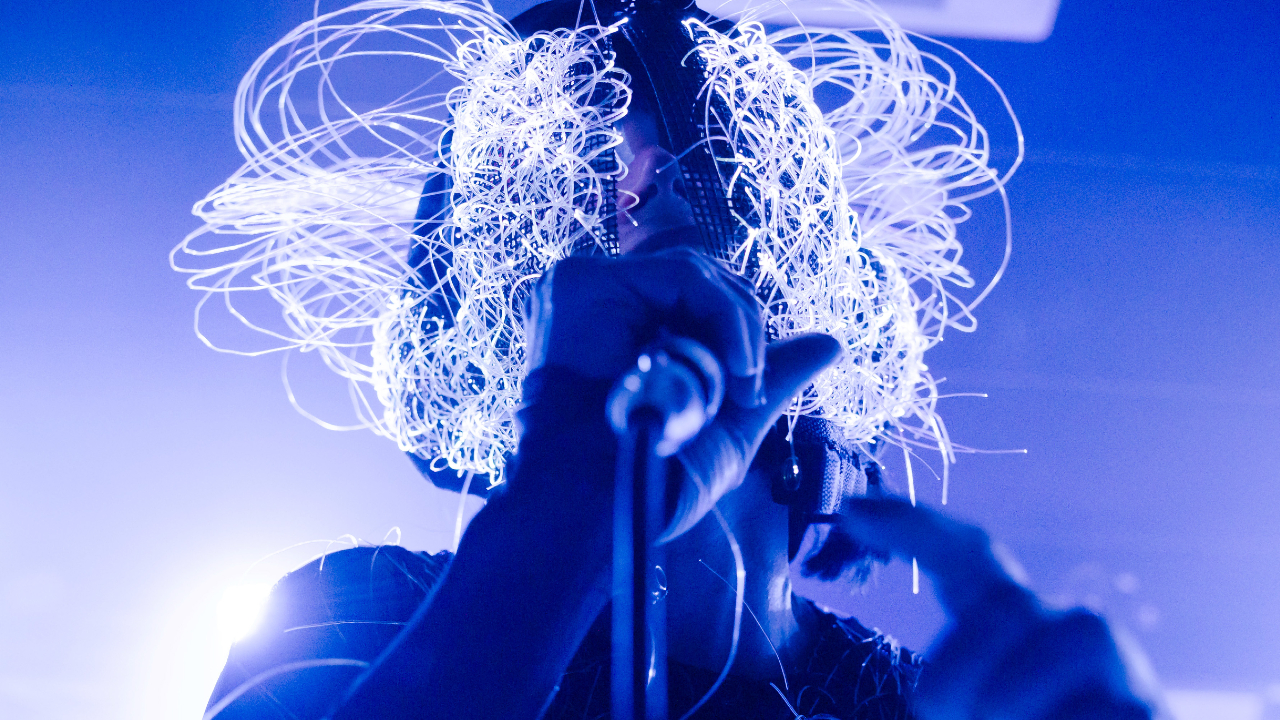



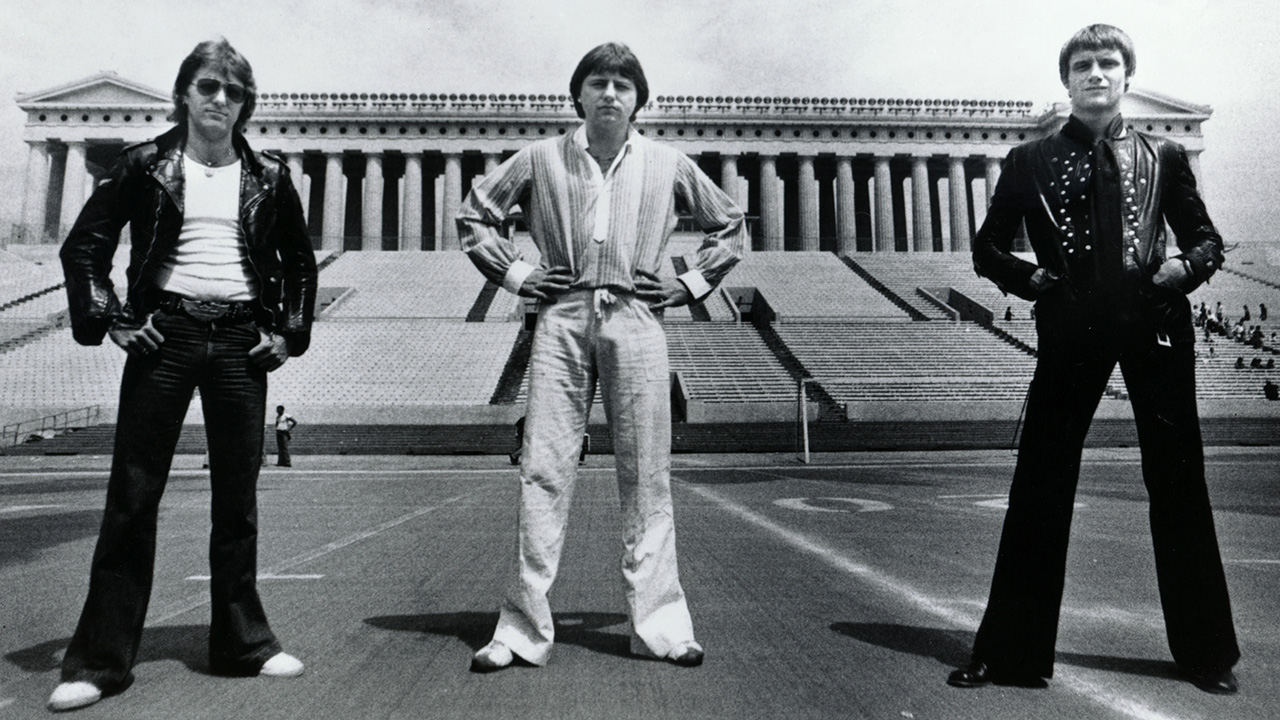

![Asia w/ Greg Lake - Sole Survivor [Unedited Version] - Live in Tokyo 1983 (Remastered) - YouTube](https://img.youtube.com/vi/CzEkMAm5sgA/maxresdefault.jpg)


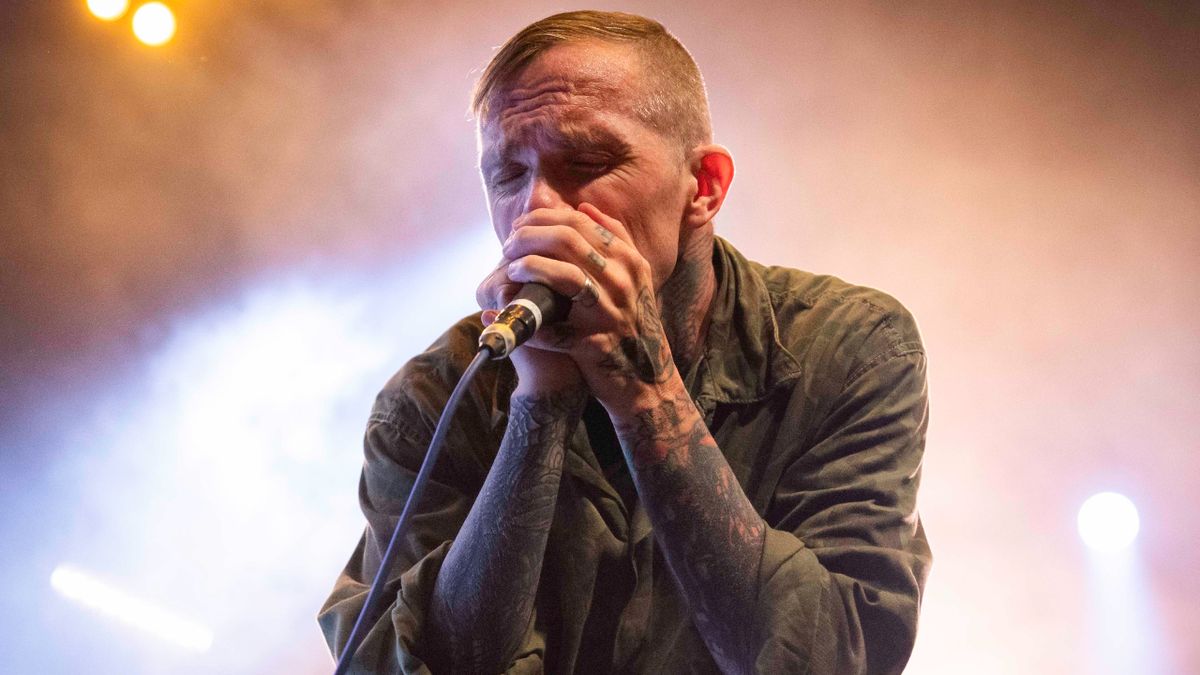
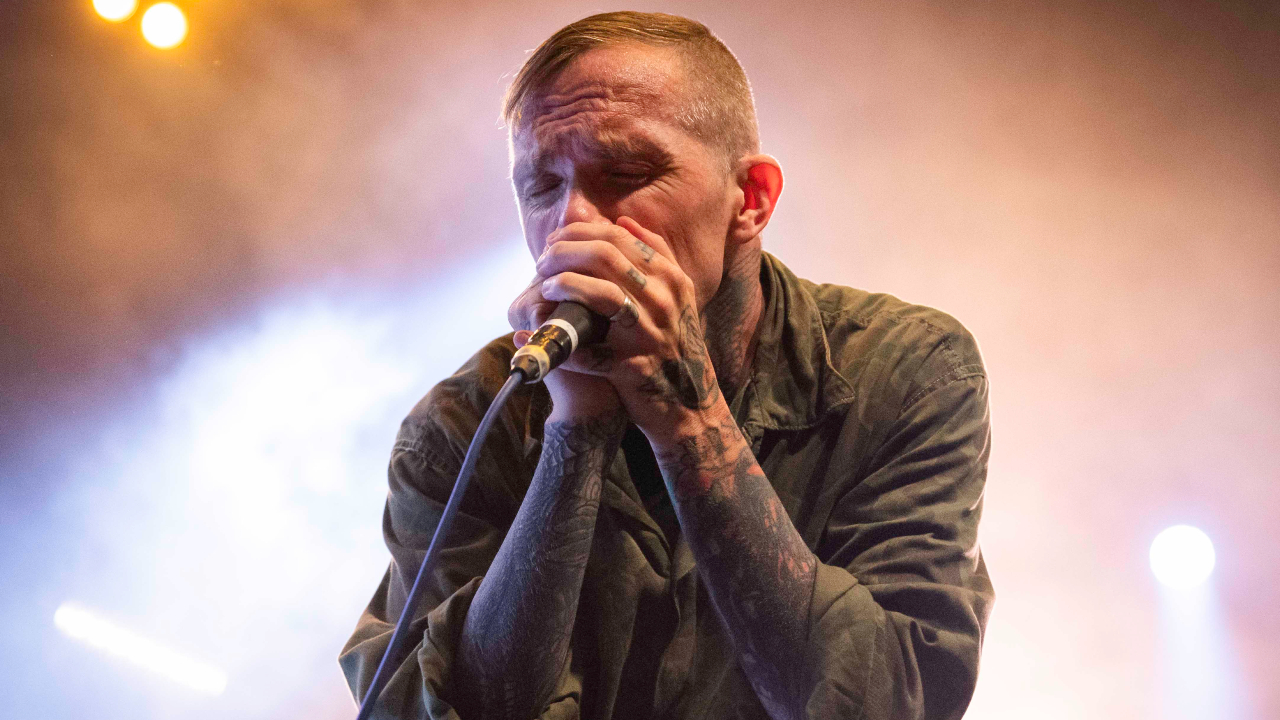
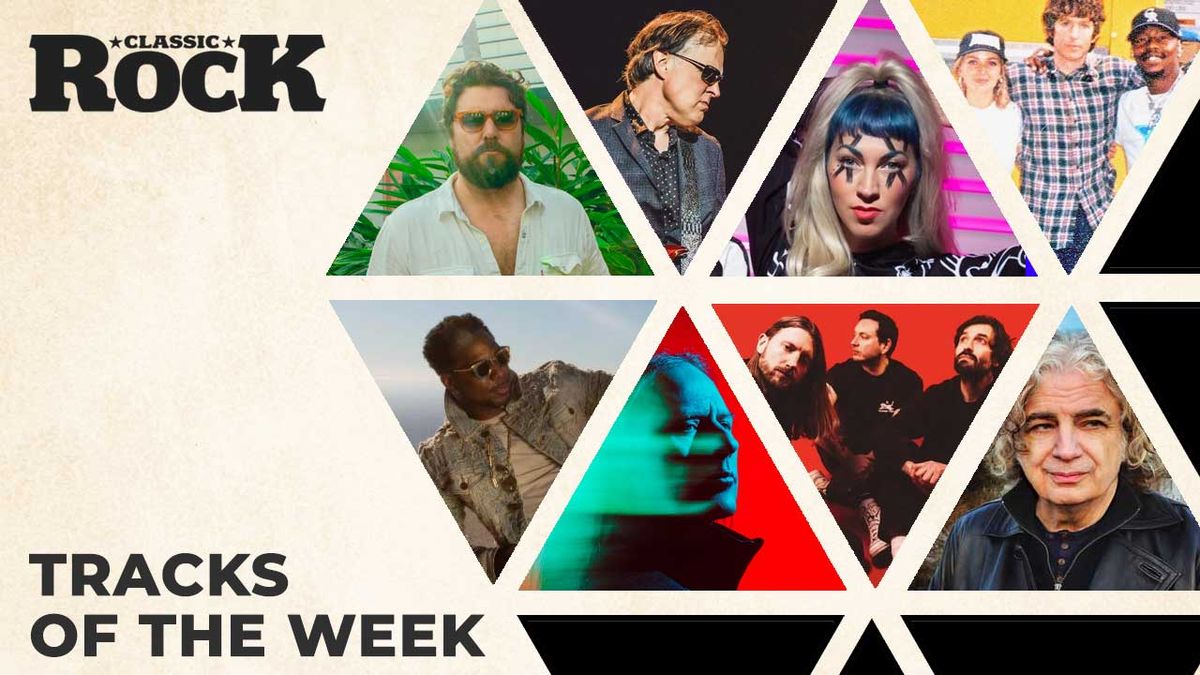
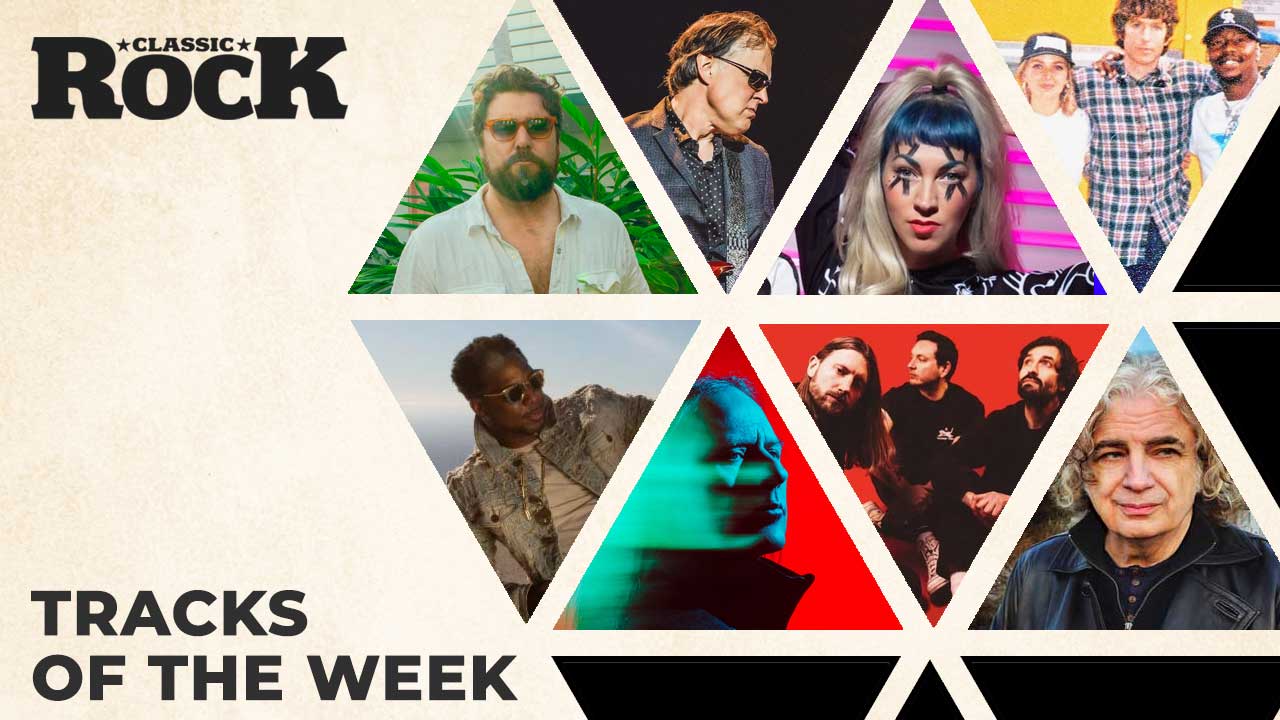




![TURNSTILE - LOOK OUT FOR ME [OFFICIAL VIDEO] - YouTube](https://img.youtube.com/vi/hfrnipyNcu0/maxresdefault.jpg)













